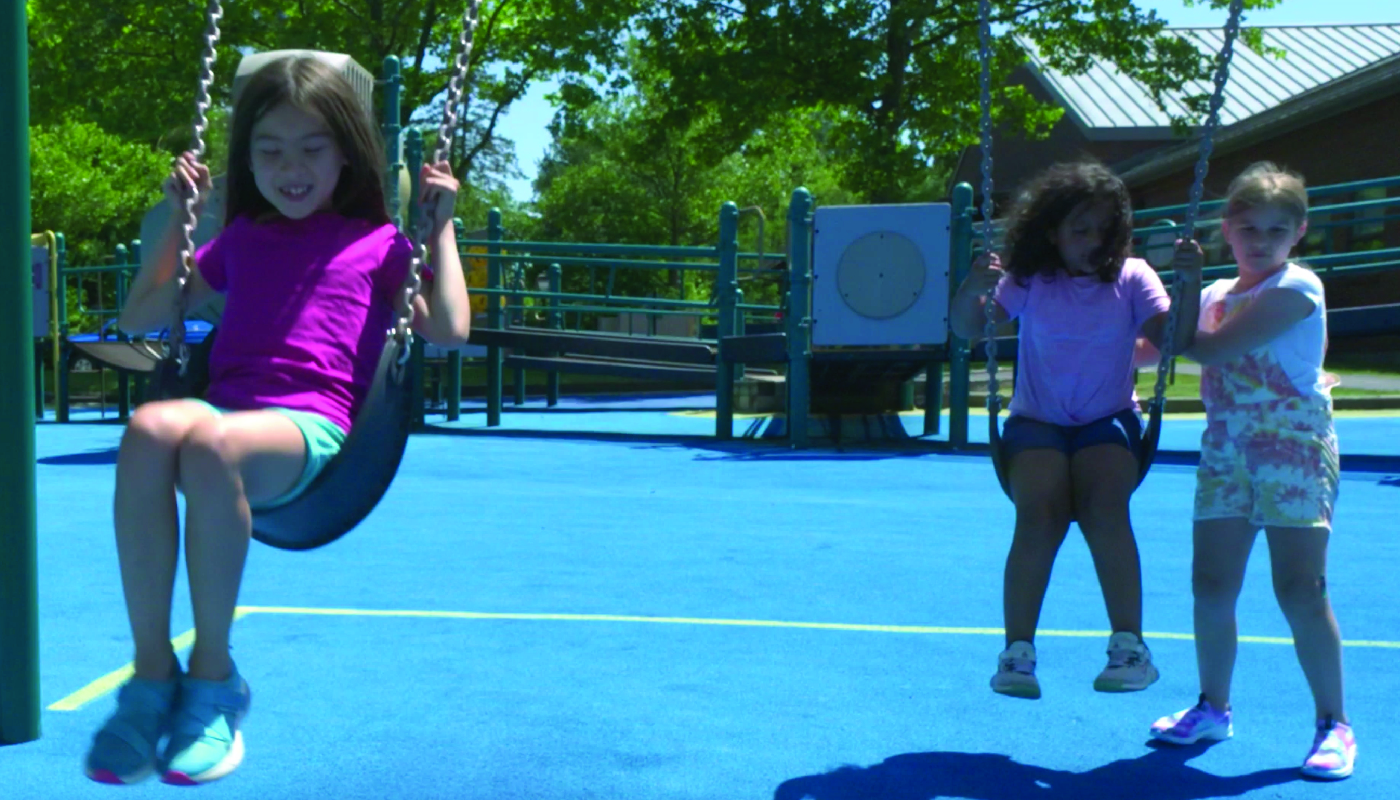
Introduction
Playground time is an essential part of children’s development, offering a chance for students to build relationships, learn social skills, and have fun. Educators play a crucial role in promoting inclusivity on the playground, ensuring all students feel welcome and included despite their differences. This blog post will discuss the importance of including everyone on the playground and provide practical tips and activities for fostering an inclusive environment.
No-Prep Activity
Here’s a simple activity that requires no preparation or materials from the educator. It’s called the “Inclusion Circle.” Gather your students in a circle and have one student stand in the center. The student in the center will share something about themselves, such as their favorite hobby or color. The other students in the circle will then take a step forward if they share that same interest or characteristic. This activity helps students realize they have more in common with their peers than they might have thought and encourages them to include others on the playground.
Discussion Questions
- Why is it important to include everyone on the playground, even if they have different interests, abilities, or personalities?
- How can we make sure everyone feels included and has a chance to play during recess?
- How would you feel if you were left out on the playground? What can you do to make sure this doesn’t happen to others?
- What is the Golden Rule, and how can we apply it during playground time?
- Can you share an example of a time when you made an effort to include someone on the playground? How did it make you feel?
Related Skills
In addition to promoting inclusivity on the playground, there are other related skills that educators can help students develop. Some of these skills include:
- Empathy: Understanding and sharing the feelings of others.
- Active listening: Paying full attention to what others are saying and responding appropriately.
- Conflict resolution: Identifying and addressing disagreements in a constructive manner.
- Cooperation: Working together towards a common goal or purpose.
- Respect: Showing consideration and valuing the opinions, feelings, and rights of others.
Next Steps
Now that you have a better understanding of the importance of including everyone on the playground and have some practical tips and activities to try, it’s time to put these ideas into action. To help you further develop these skills and others, we invite you to sign up for free samples of Social-Emotional Learning materials at Everyday Speech. These resources are designed to support educators in fostering a more inclusive and supportive learning environment for all students. Happy teaching!

